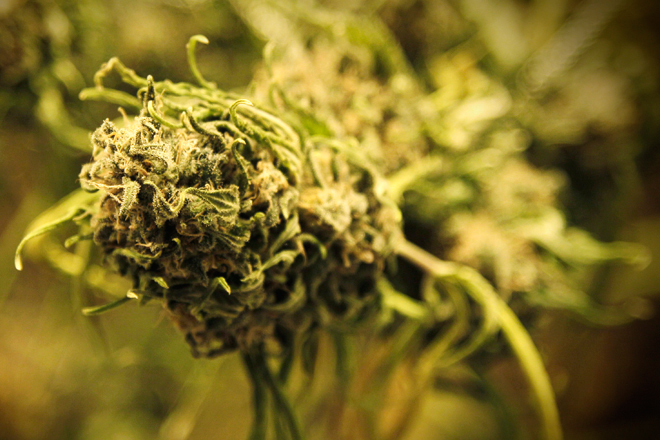The election results this week from Washington, Colorado, Massachusetts and Arkansas demonstrate that public opinion about cannabis has moved much faster than the positions of elected officials. That Massachusetts voters would pass a fairly loosely regulated medical marijuana system isn’t very surprising. But that voters in Arkansas came within a whisker of passing one shows that it isn’t just a hippie-dippie issue anymore. And for Colorado and Washington to take the plunge into full legalization – not just of use or for medical purposes, but full-scale commercial growing and sales – marks an epoch.
There are two “What next?” questions: What happens at the ballot box two or four years from now? And what happens in Colorado and Washington over the next year or two? Neither question has a clear answer, but the political developments may be easier to forecast than the operational ones.
It seems virtually certain that there will be more action at the ballot box. There are a few deep-pocketed national funders interested in financing these initiatives, but they’ve been cautious about investing in ill-written proposals such as California’s Proposition 19 two years ago or Oregon’s Measure 80 this year. This year’s victories are likely to make funding more available for carefully drafted measures in the future. Expect an initiative on the California ballot two years from now. But an off-year electorate, with fewer young voters than a presidential-year electorate, is likely to be less receptive to marijuana legalization.
Not every state has an initiative process, and so far the legislatures have been much less adventurous than the voters. If public opinion keeps moving, eventually the officials will follow. But how long “eventually” will be is anyone’s guess.
But it’s the operational picture that is really cloudy. Despite what the voters in Washington and Colorado did, growing and selling marijuana will remain federal felonies. The federal reaction is crucial, and at the moment unpredictable. We probably won’t know until a new attorney general takes office.
The Colorado measure is much more radical than the Washington measure. Both intend to establish regulated markets on the alcohol model, something the federal government could probably shut down with relatively modest effort if it decided to. But Colorado also legalizes every resident to grow his or her own marijuana, and to give away as much as an ounce at a time to others. “Give away” is an interesting category; an informal market is likely to emerge, on a “Pay me $20 for this zip-lock baggie and I’ll give you the green stuff inside” basis.
While the feds could easily identify a limited number of state-licensed growers and retail outlets and shut them down with injunctions or with threats of arrest and property confiscation, identifying and cracking down on an unknown number of unlicensed home-growers would be next to impossible. So Colorado’s voters may well have let the genie out of the bottle in a way that no federal action can now reverse.
A “grow-your-own” system with an unregulated market of small-scale producers has some attractive features, compared to the alcohol model: There won’t be any marketing executives using their ingenuity to create as many as possible of the chronic stoners who represent a small minority of marijuana users but account for most of the volume of marijuana consumed. (Just as the minority of problem drinkers accounts for most of the alcohol consumed.) On the other hand, there also wouldn’t be any revenue for the states.
Even if Colorado manages to set up a taxed and regulated market, it’s not clear how many customers that market would have in competition with untaxed and unregulated small-scale growing. Prices in that untaxed and unregulated small-scale market might be much, much lower than current prices either from illicit pot-sellers or from medical dispensaries. Growing pot, if you don’t have to worry about the police, is a very cheap activity.
Lower prices might seem like a boon to consumers, but even at current prices marijuana intoxication costs less than a dollar an hour. Making it much cheaper wouldn’t matter much to casual users and might substantially increase the frequency of problem use, especially among teenagers. (Yes, there is problem marijuana use. It’s not even especially uncommon; among those who start in mid-adolescence, the rate of going on to heavy use is comparable to the rate of progressing from casual drinking to alcohol abuse: about 1-in-7. Not great odds.)
Washington state’s much tighter system is well designed to keep prices high and collect revenue for the state. It could also offer consumers marijuana of known chemical composition, something not available on the illicit market. But it’s also very easy for the federal government to disrupt. That’s the paradox of trying to regulate at the state level something that remains a felony under federal law.
We have interesting times ahead.

